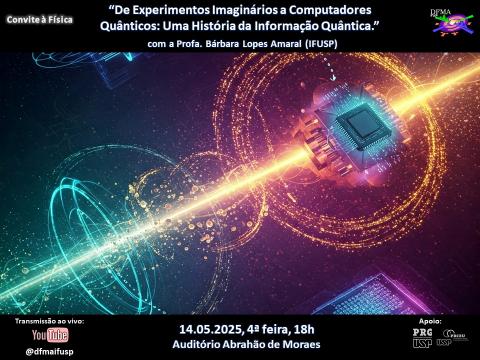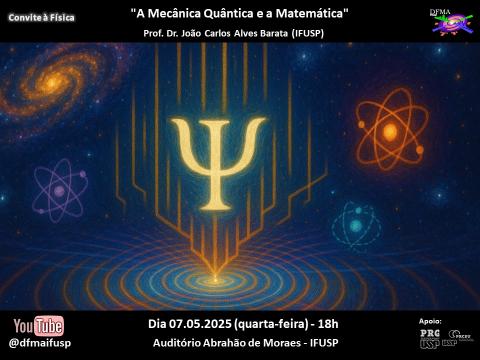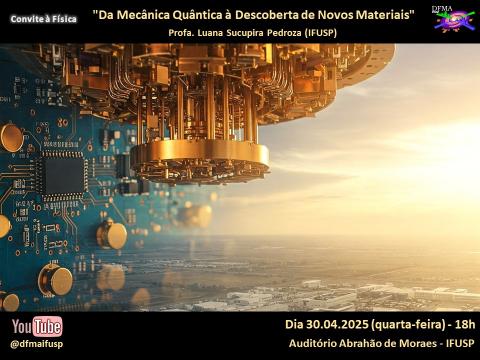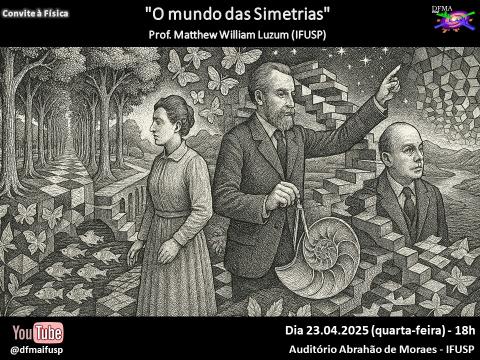Somos Todos Frutos de Flutuações Quânticas | Convite à Física
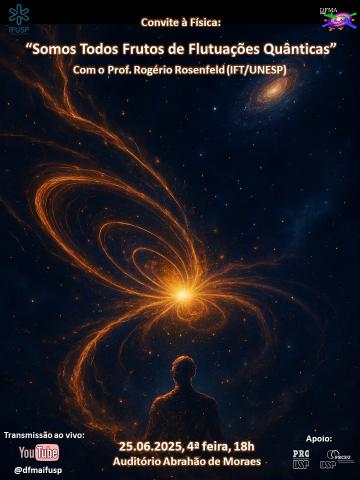

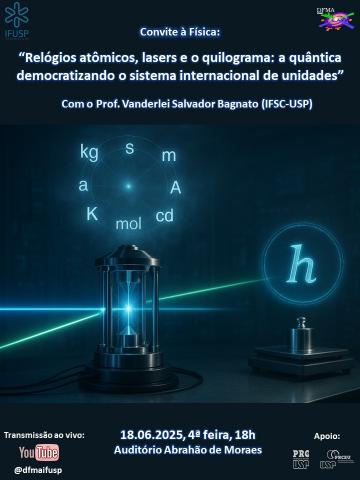
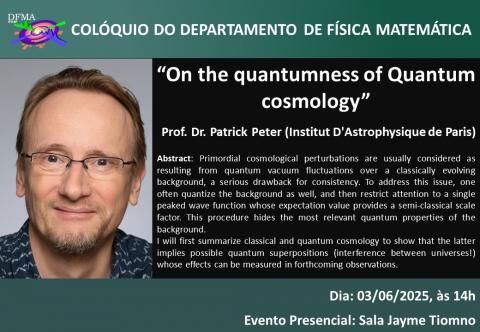
Abstract: Primordial cosmological perturbations are usually considered as resulting from quantum vacuum fluctuations over a classically evolving background, a serious drawback for consistency. To address this issue, one often quantize the background as well, and then restrict attention to a single peaked wave function whose expectation value provides a semi-classical scale factor. This procedure hides the most relevant quantum properties of the background.
I will first summarize classical and quantum cosmology to show that the latter implies possible quantum superpositions (interference between universes!) whose effects can be measured in forthcoming observations.
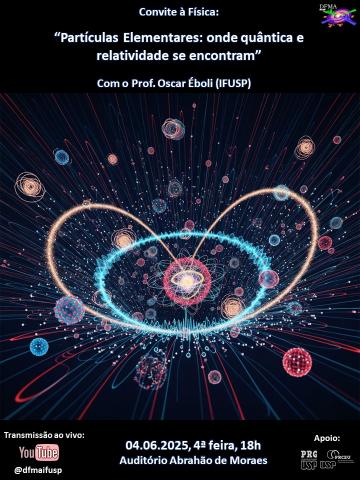

Resumo:
A Teoria Quântica de Campos (TQC) é ao mesmo tempo uma fronteira do conhecimento, assim como também uma ferramenta para a sua expansão.
